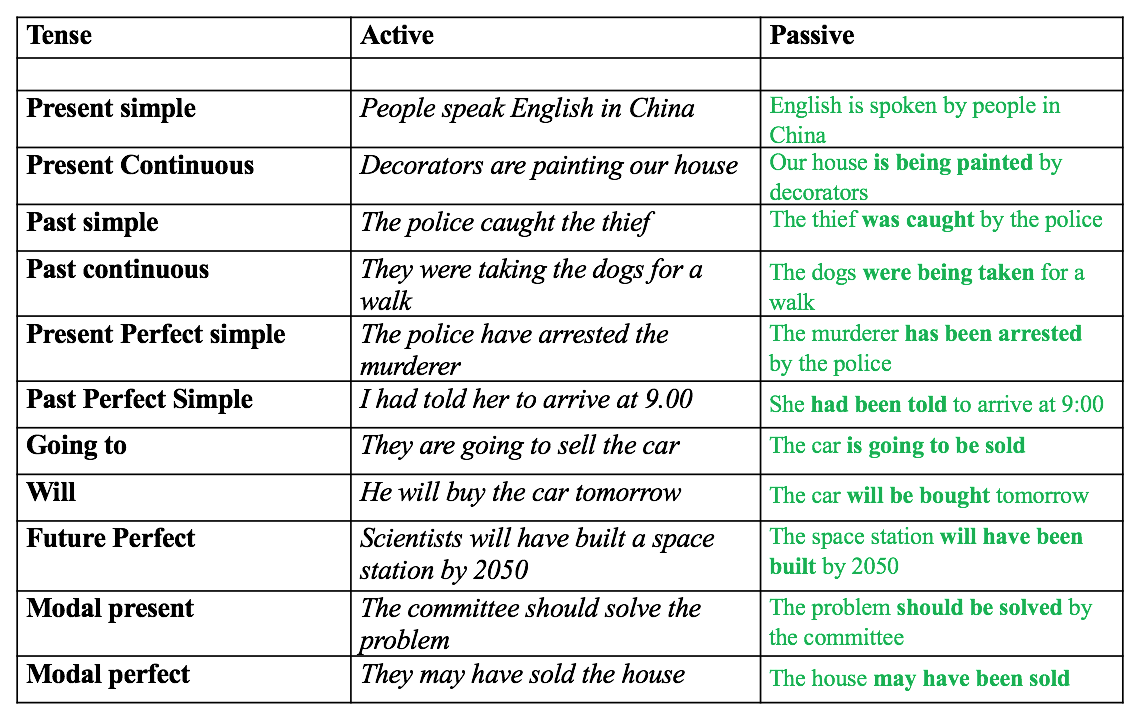In English grammar, passive voice is a construction in which the subject of a sentence is the recipient of the action rather than the doer. It is used to emphasize the action or the recipient of the action rather than the person or thing performing the action. Understanding passive voice is crucial for effective communication in both spoken and written English.
While active voice is more common in English, passive voice has its own uses and benefits. It can make a sentence more formal, shift the focus from the doer to the action itself, or even make the doer unknown or less important. Learning how to use passive voice correctly can help you communicate your ideas more effectively and clearly.
Passive Voice in English Grammar
One of the key characteristics of passive voice is that the subject of the sentence is not actively performing the action. Instead, the subject is being acted upon by the verb. For example, in the sentence “The cake was baked by Mary,” the cake is the subject being acted upon by the verb “baked.” The doer of the action, Mary, is mentioned after the verb in the prepositional phrase “by Mary.”
Passive voice is often used when the doer of the action is unknown or less important, when the focus is on the action itself, or when the speaker wishes to be more formal in their communication. Passive voice can also be used to avoid placing blame or responsibility on a specific person, as in the sentence “Mistakes were made,” where the doer of the action is not mentioned.
It’s important to note that passive voice can sometimes make sentences less clear or direct, so it’s essential to use it judiciously. When using passive voice, be sure to consider the context and purpose of your communication to determine if it is the most effective choice for conveying your message.
Overall, passive voice is a valuable tool in English grammar that can help you communicate your ideas in a variety of ways. By understanding how and when to use passive voice correctly, you can enhance your writing and speaking skills and convey your message with precision and clarity.
In conclusion, passive voice plays a significant role in English grammar, offering a unique way to structure sentences and convey meaning. By mastering the use of passive voice, you can become a more versatile and effective communicator in both written and spoken English.
